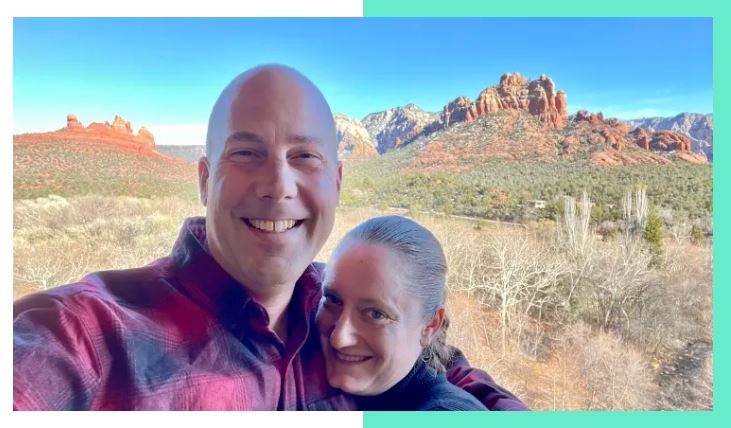I retired early in 2016, at the age of 35, with a net worth of $900,000. My goal of becoming a self-made millionaire with a net worth of USD 1.4 million was not realised until 2021.
Today 41, I live in Arizona with my wife in a pleasant, simple, and frugal existence. From the outside, it may appear like I made all the proper decisions. But there were some lessons in life and money that I had to learn the hard way.
If I could go back in time, there are several things I would do differently – and sooner. My best piece of advice? Do these five things now or you’ll be sorry later:
1. Say “yes” more often than “no.”
In my early twenties, I was so afraid of failure that instead of confronting my fears, I hid behind my potential. I didn’t know it till much later that my persistent avoidance of danger was far more damaging than any rejection I felt I was shielding myself from.
I wanted to say “no” when my boss offered me a promotion to director-level. I didn’t feel confident or prepared. But I decided to take a risk nevertheless. That choice set me up for a higher salary for the rest of my career.
Yet, if I had accepted additional promotions and opportunities sooner, I would have been able to save enough money to retire even sooner.
2. Stop trying to keep up with your competition.
I had a bad tendency of comparing myself to coworkers and industry professionals. This sparked a lot of envy: “That individual got a promotion and a raise! That’s not right.”
“She was named ‘Employee of the Month’ twice? I must be doing something incorrectly.” It was a highly inefficient way of thinking.
I eventually recognised that I needed to move at my own pace. I wasn’t the brightest person in the office, but I was dedicated and worked hard. Every morning, I arrived early and got to know my managers. I had more time to focus on what I was good at after I stopped caring about what everyone else was doing. I began to feel more capable and self-assured.
3. Make your own decisions and quit trying to please everyone.
I used to live my life as if everyone was watching my every action. As a result, I made judgements that I felt they would approve of — friends, family, coworkers, bosses, and even strangers. But it became exhausting.
So I asked myself one day, “Who do I think is covertly evaluating me throughout the day?” I couldn’t come up with a single name.
When you stop caring about how other people view you, you will have more clarity about what you want and will be able to pick what makes you happy.
4. Reduce your spending and strive to save more than half of your income.
Saving 20% of your salary is the normal rule, but saving 50% or more is even better. My wife was always a saver, whereas I enjoyed spending. But she instilled in me the value of frugality.
In the years running up to our retirement, we maxed out our 401(k) contributions. We stopped buying unnecessary items, cancelled monthly memberships, and simplified our grocery budget.
We were saving 70% of our total income at one point. We put all of the extra money into a Roth IRA, brokerage account, and savings account. Maybe the most significant adjustment was reducing our restaurant expenditure to $50 per month, which was a challenging chore for me because I was used to eating out every day.
5. Increase your self-awareness and practise EQ.
I used to believe that your intelligence quotient (IQ) predicted your future achievement. I attempted to impress others with my strange knowledge. Nevertheless, as I progressed in my work, I realised that IQ is only a small portion of the success equation.
Emotional intelligence (EQ), or heightened awareness of other people’s and your own emotions, is far more significant. Individuals with high EQs can quickly comprehend new concepts, respond calmly and rationally to complicated situations, and collaborate with people of various personalities.
Developing EQ enabled me to communicate effectively with my superiors and coworkers. That was eventually what propelled me forward in life.
